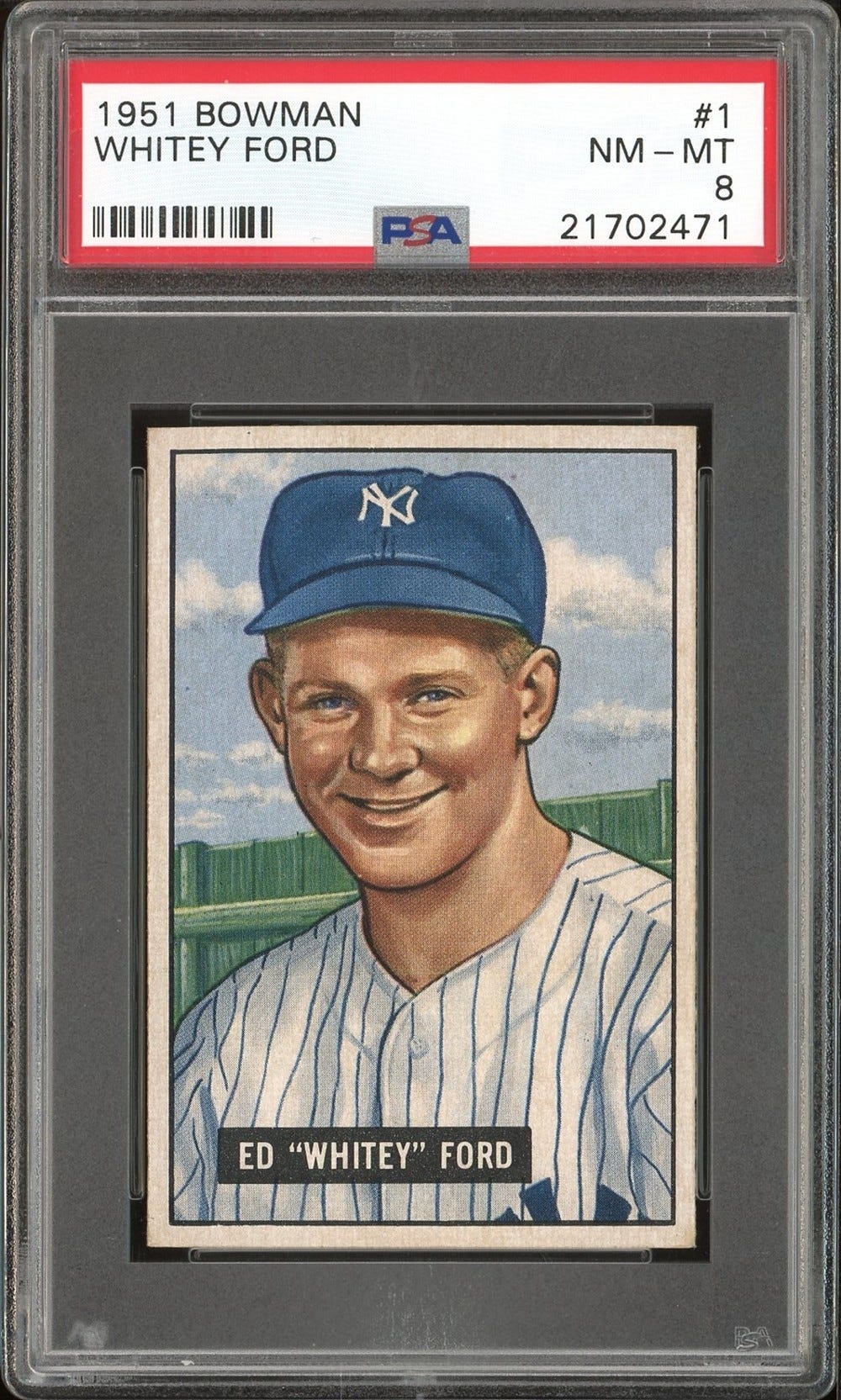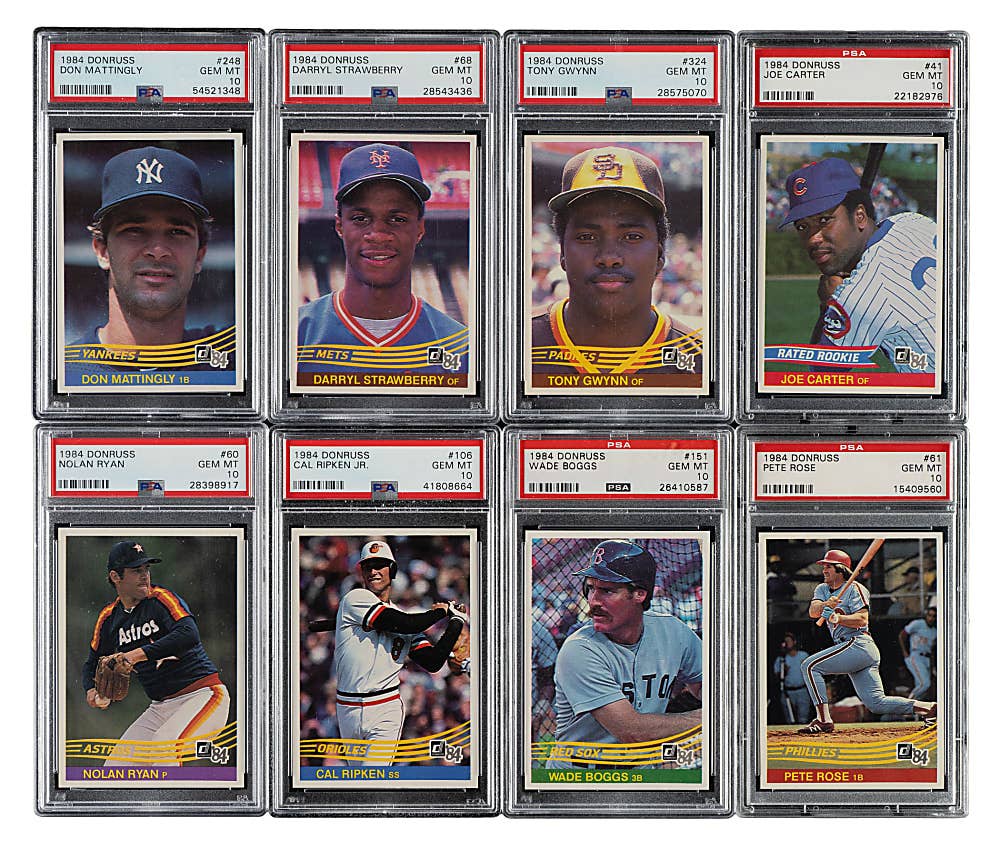Price Guides
Price Guides are Just That for Collectors, Guides
I was just thumbing through the 2012 Robert Edward auctions catalog - love that new printing smell – and was marveling at some of the items up for bids. With each item pictured is the reserve and an estimate of what it might sell for.
While some estimates are "open," other estimates are quite low compared to what the item will eventually sell for. In other words, the estimate should not be taken as gospel that the final bid will be in that price range.
I'm using auction estimates as a bridge to talking about price guides. I had a guy call me today to discuss prices listed in a past version of the Standard Catalog. There was a difference in some of the commons listed in a particular set, and he was curious as to the difference.
When I explained the process behind the values to the set, I asked him what was the concern over the values listed. He said he had used to guide to place fixed bids in an auction be was participating in. He commented that the bidding wasn't reflecting the values of the guide nor the bids be placed based on the guide (the actual bidding was lower).
I quickly explained to him that auctions are not going to end at prices (or sometimes even near the prices) that are listed in a price guide. Price guides are produced to give a relative value of an item, based on condition. They are not the end-all, be-all of an item's value.
What the old adage of the value or worth of an item? Answer: Whatever someone else is willing to pay at a particular time. I have seen many items at auction that have not opened at a price that was far below the "price guide" value of the item. Then, six months later, that same item will receive multiple bids and sell for much more than "book" value.
I can see using price guides to get a general sense of value, but they are not the final word on market value. Market value is constantly changing with many factors weighing on the final price.
I can only imagine what dealers face on a daily basis from collectors looking to sell cards - old and new - based on what is listed in price guides. Dealers need buyers for the cards, and if they are a "Boston" shop that is being offered "Yankee" cards, good luck trying to get book value for Mr. Brett Gardner in that shop.
Just a few things to keep in mind when buying and selling.








